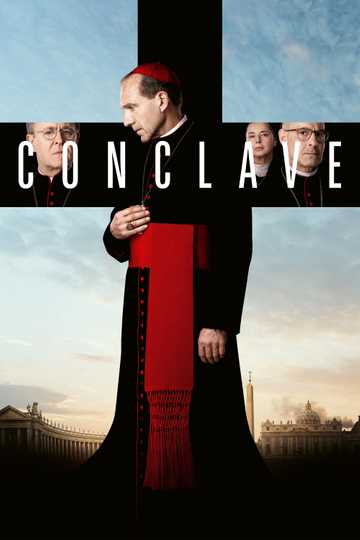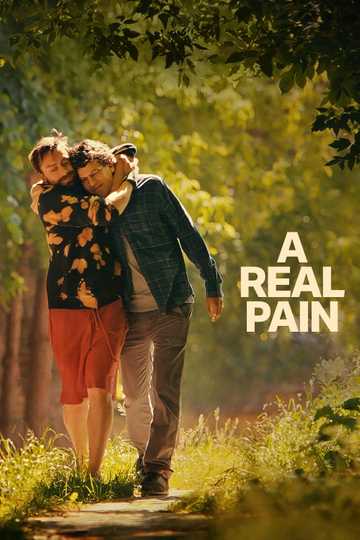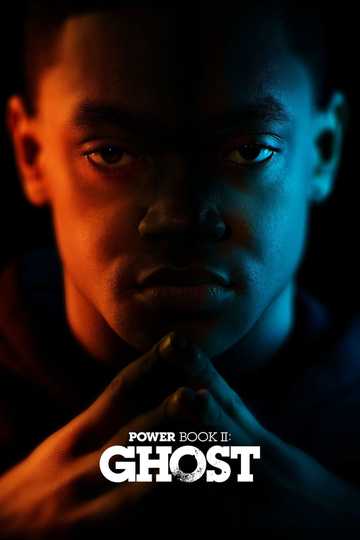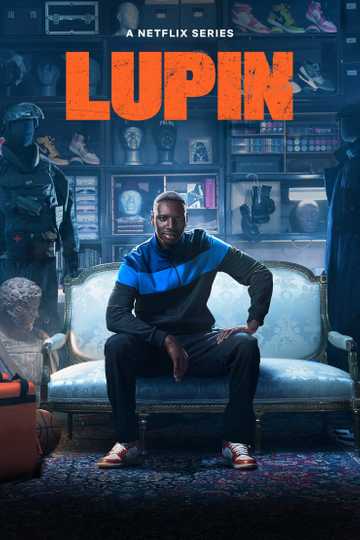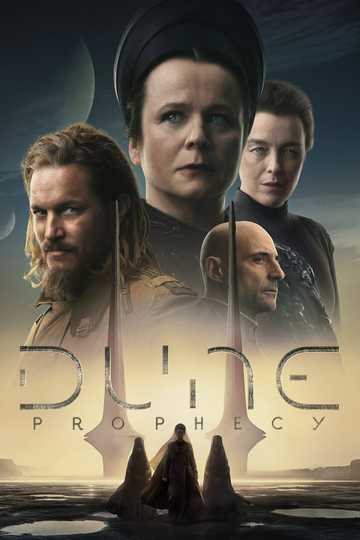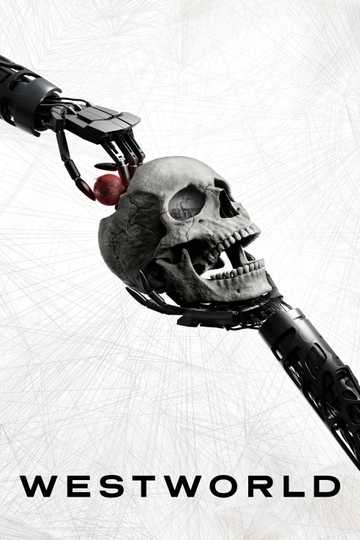Season 9 Episodes
1. An Edge of Conspiracy
Was the last prisoner of Spandau Prison in Berlin really Rudolf Hess, one time deputy to Adolf Hitler, or a doppelganger put in his place by the Nazis before his incredible flight to Britain in 1941? Claims have been made in recent years that the body of the man who died in Spandau Prison in 1987 at the age of 93 bore none of the chest wounds suffered by the real Hess in the First World War. Christopher Andrew talks to wartime witnesses and forensic experts in a personal investigation to establish whether the strange case of Rudolf Hess is a genuine example of the conspiracy theory of history.
2. Napoleon's Last Battle
Timewatch explores the myth of the man who had a vision of a united Europe 175 years ago.
3. Hungary: The End of Silence
The Communist party of Hungary has been forced to surrender its monopoly on truth, but it still controls access to the official archives. Any truths about the past 40 years must, therefore, come from the people themselves: witnesses, participants and victims, whose accounts are being gathered by historians, sociologists and film-makers. The history they recall has already had its effect on the pace of reform.
4. Accounts of a Forgotten Army
In 1945 the German State and its army disappeared. Recently, harrowing tales from Germans who were prisoners in American camps at that time have begun to emerge. A Canadian author has alleged that nearly a million German soldiers died while prisoners of the Allies. His figures are disputed, but did the American authorities, with images of concentration camps fresh in their minds, set out to punish Germans?
5. Helping the Police with Their Enquiries
In the USA it is becoming standard practice for police to call in archaeologists and anthropologists with their skills at excavation and bone analysis to help them unravel murder cases. Now a British police force is looking at what the academics can offer them.
6. The Sipan Affair
In January 1987 a band of grave robbers broke into a royal tomb at Sipan in northern Peru. The treasure they plundered was worth millions. Within months it had been smuggled by way of London to Los Angeles. Timewatch examines the international trade in antiquities, and uncovers a tale of ancient gold and modern greed.
7. I Don't Want to Be Remembered As a Chair
On the shore of Sabbathday Lake in Maine lives a religious community of nine men and women. They are the last practising Shakers - members of a sect once persecuted for its dissenting beliefs and celibate lifestyle. Granted unique access, Timewatch explores their struggle to maintain their religious and historic identity while furniture made by previous generations of Shakers breaks saleroom records around the world.
8. All the King's Jews
Seven hundred years ago tomorrow - on 1 November 1290 - the Jews were expelled from England. Christopher Andrew unfolds the extraordinary story of England's medieval Jews and discovers the English roots of European anti-Semitism.
9. A War Far from Home
In 1914-15 138,000 Indians fought on the Western Front. More than a quarter were casualties. We know what the ordinary soldier felt about the war in France because his letters home were translated and censored. The programme tells the story of those men who fought and died for a country whose language, culture and traditions were alien to them.
10. One of the Reasons Why
Charles Wheeler tells how the colonial policy of the post-war Labour government led to the start of a 30-year war in Vietnam.
11. White Man's Grave, Black Man's Grave
On January 23 1915, black insurgents broke into a house on the biggest plantation in British colonial Nyasaland. The rebels killed the white manager, cut off his head and carried it home. The planter's name was William Livingstone. The rebel leader was the black Baptist pastor, John Chilembwe. Two men trapped by a clash of civilizations.


